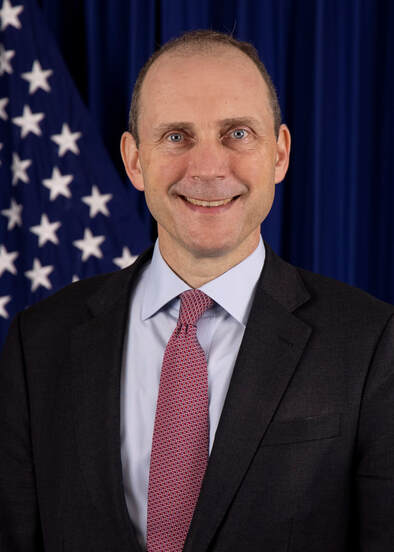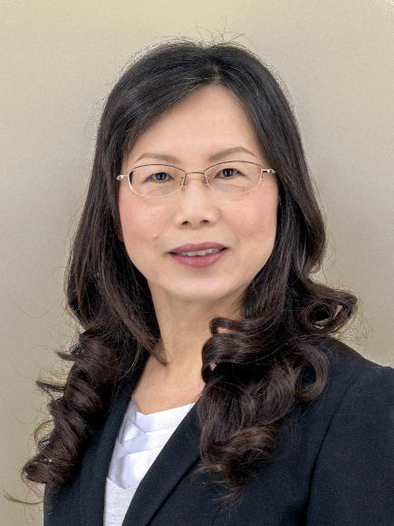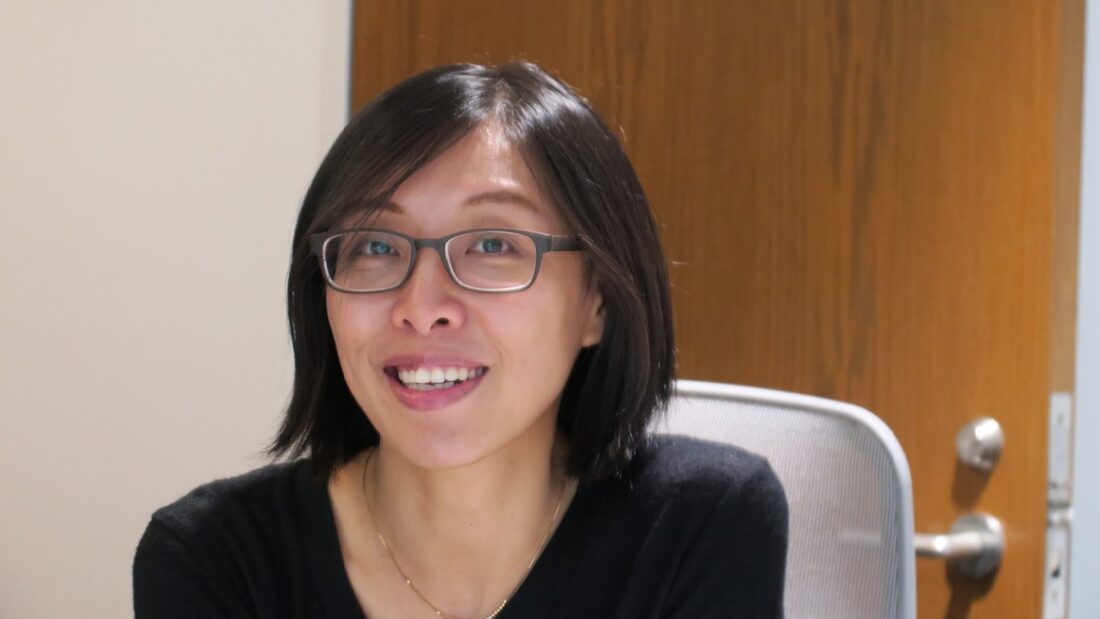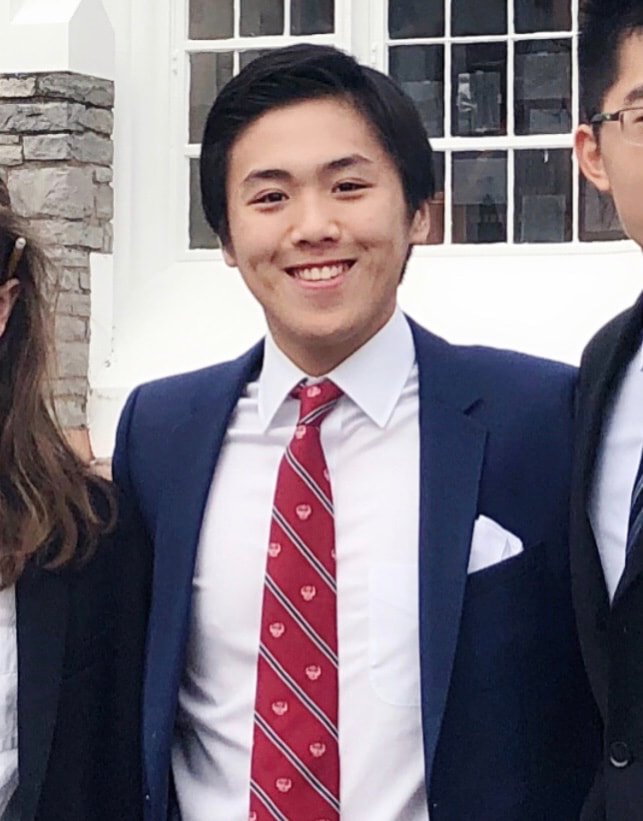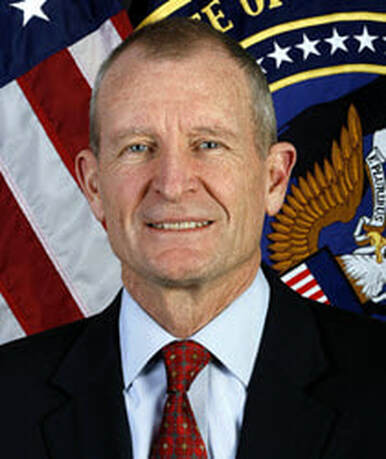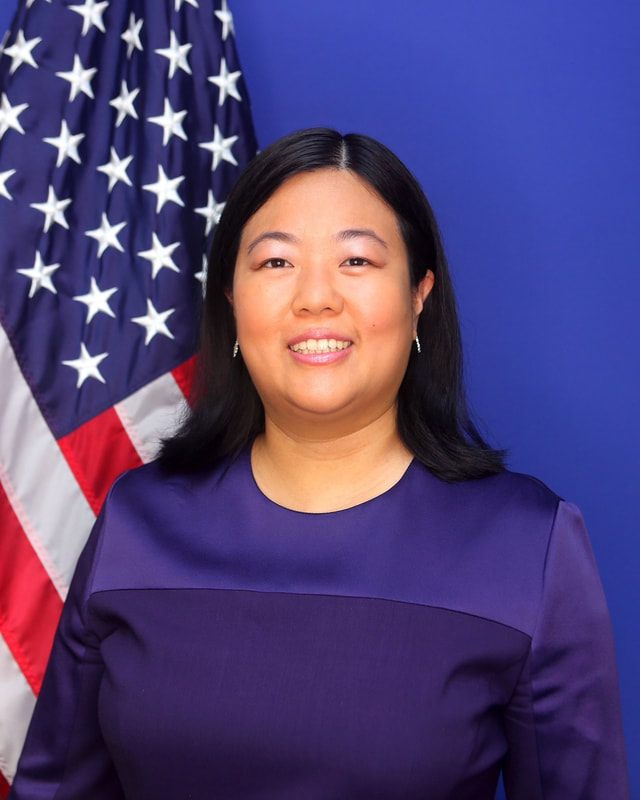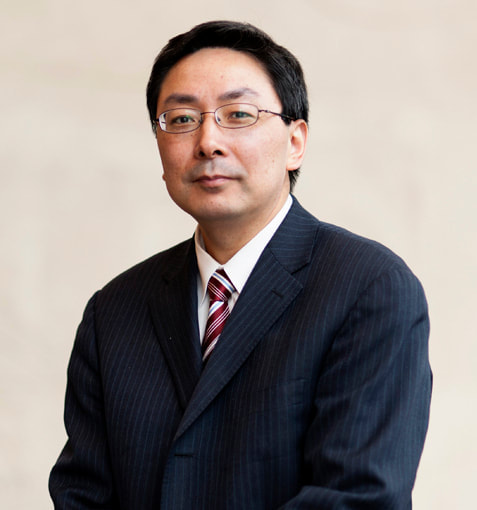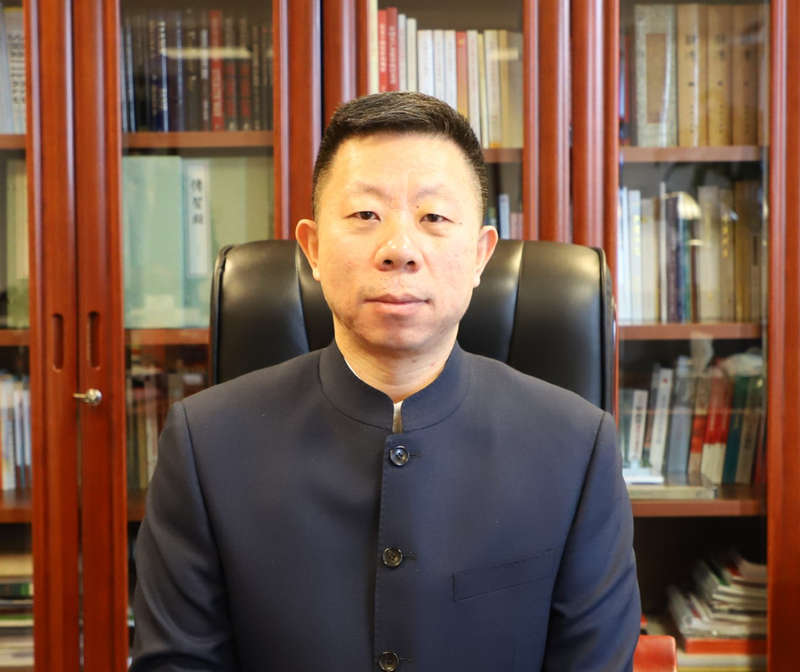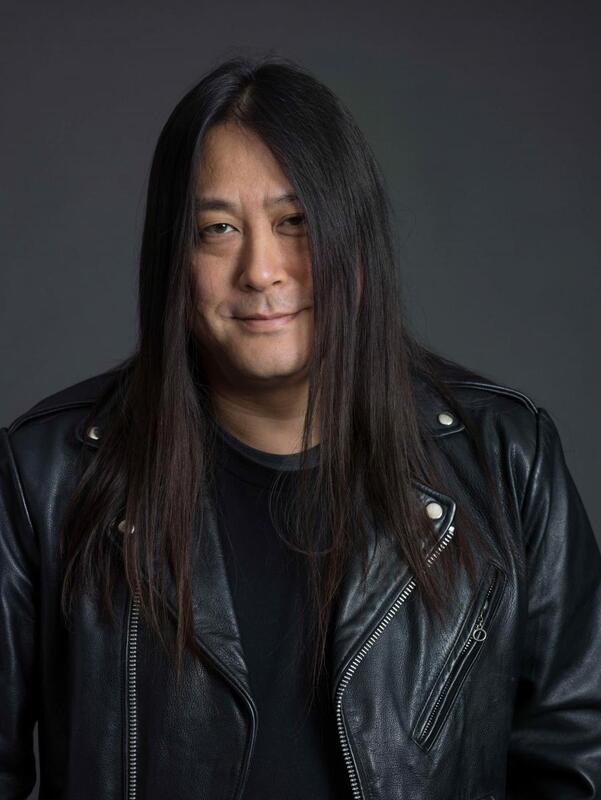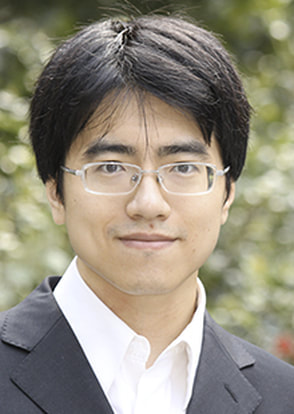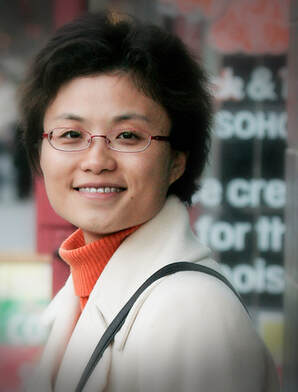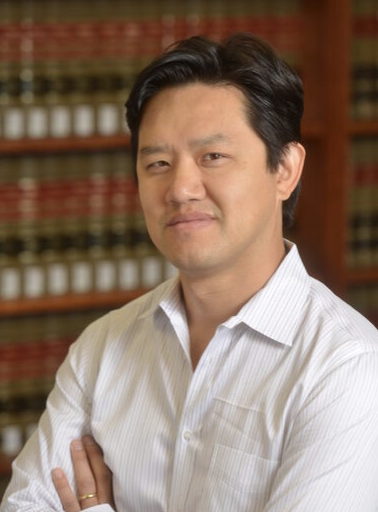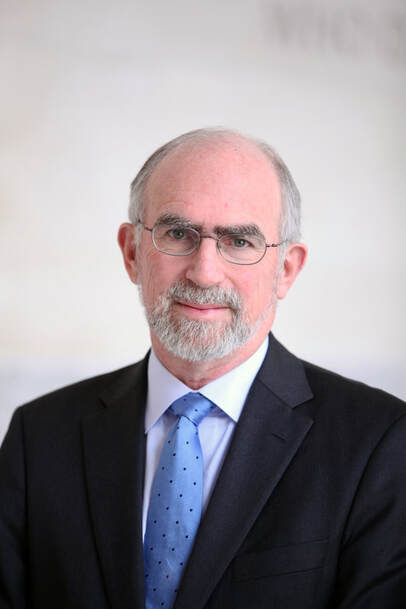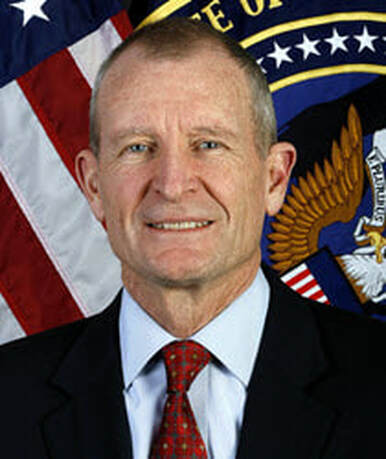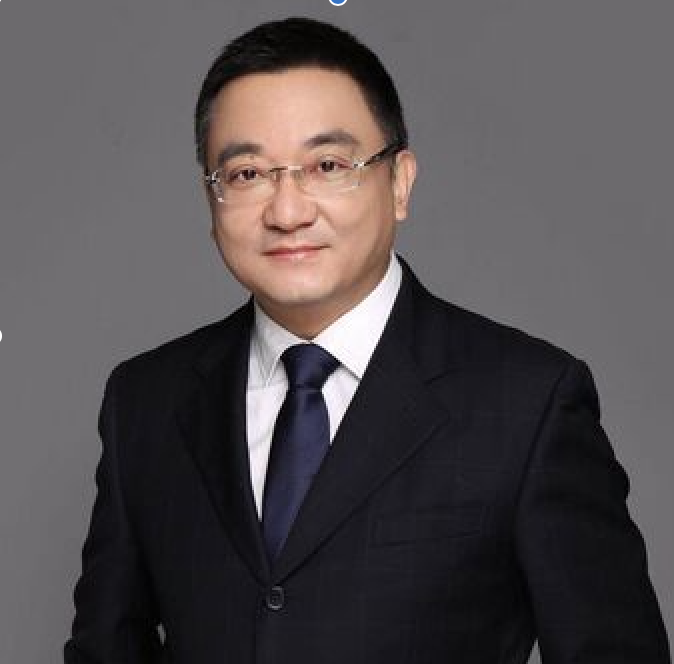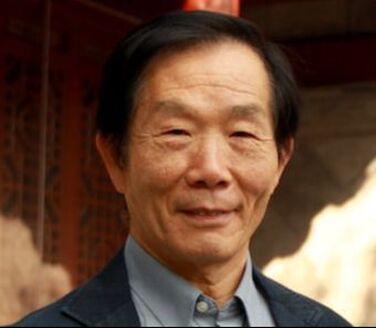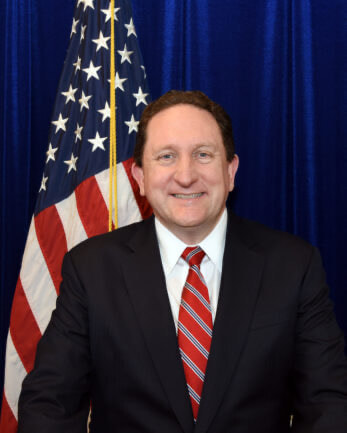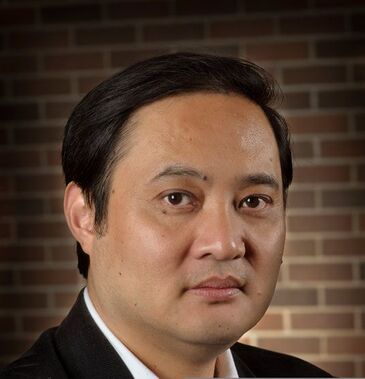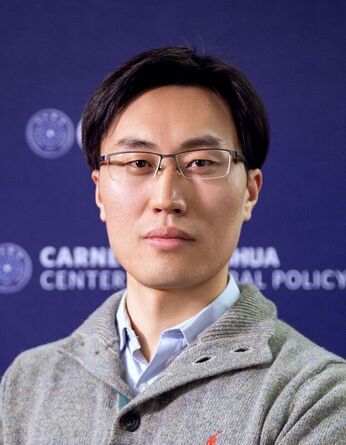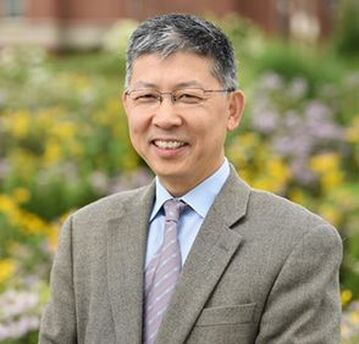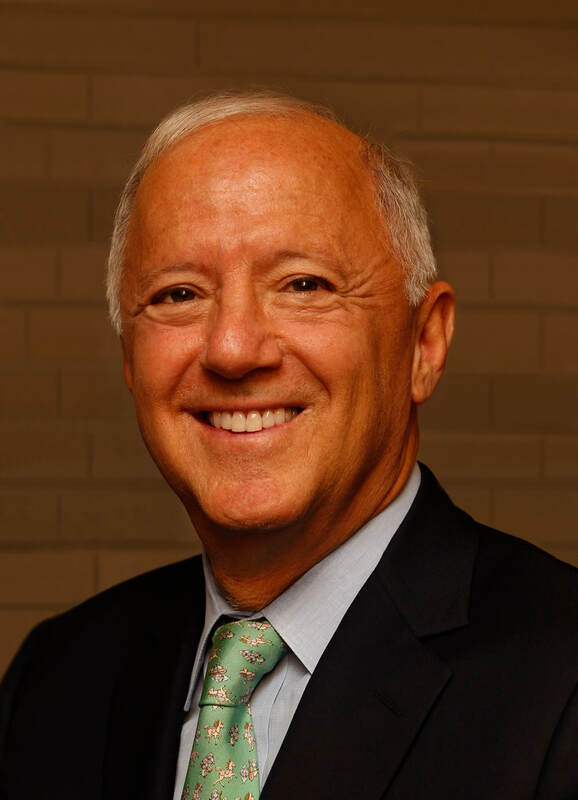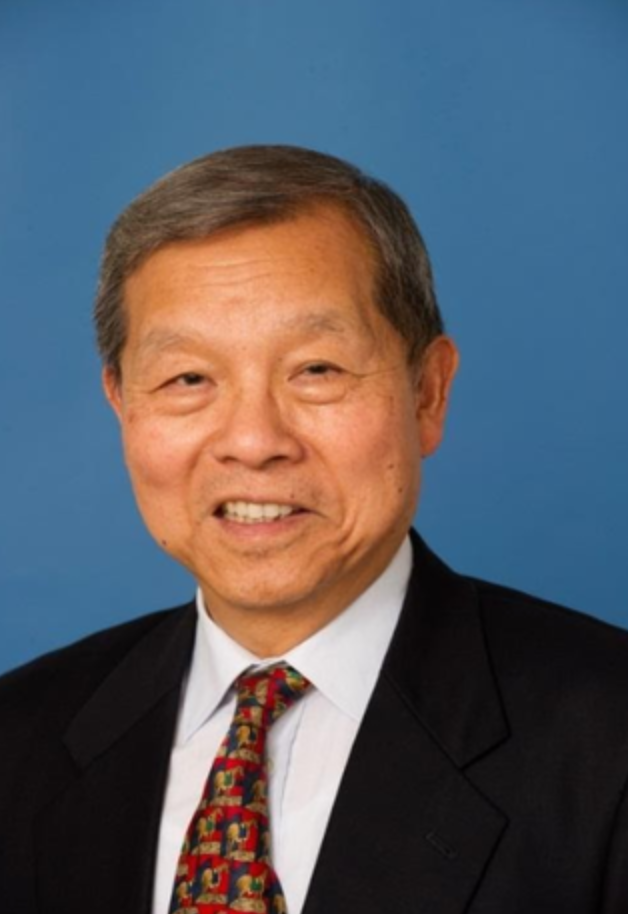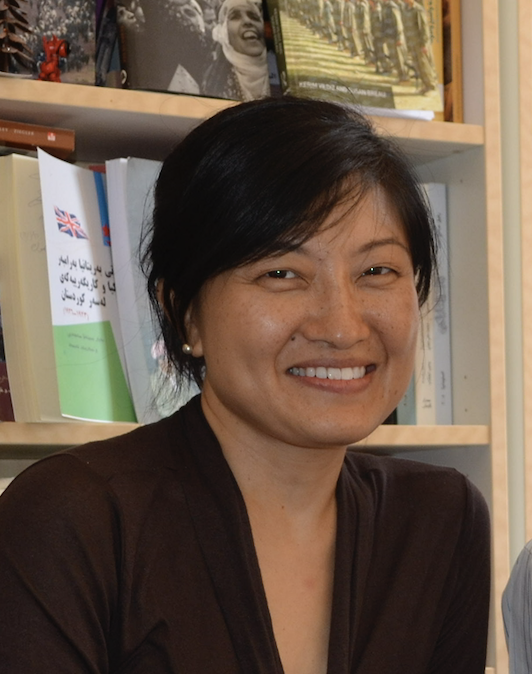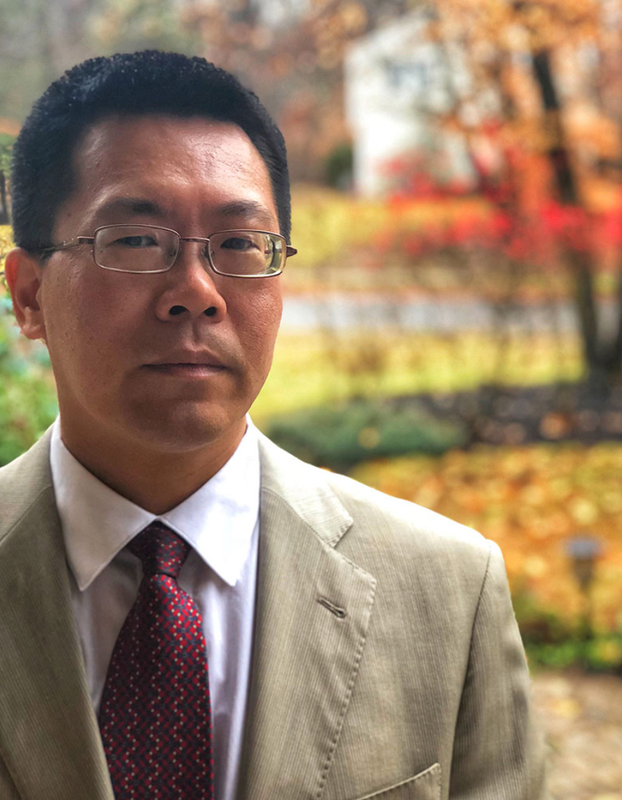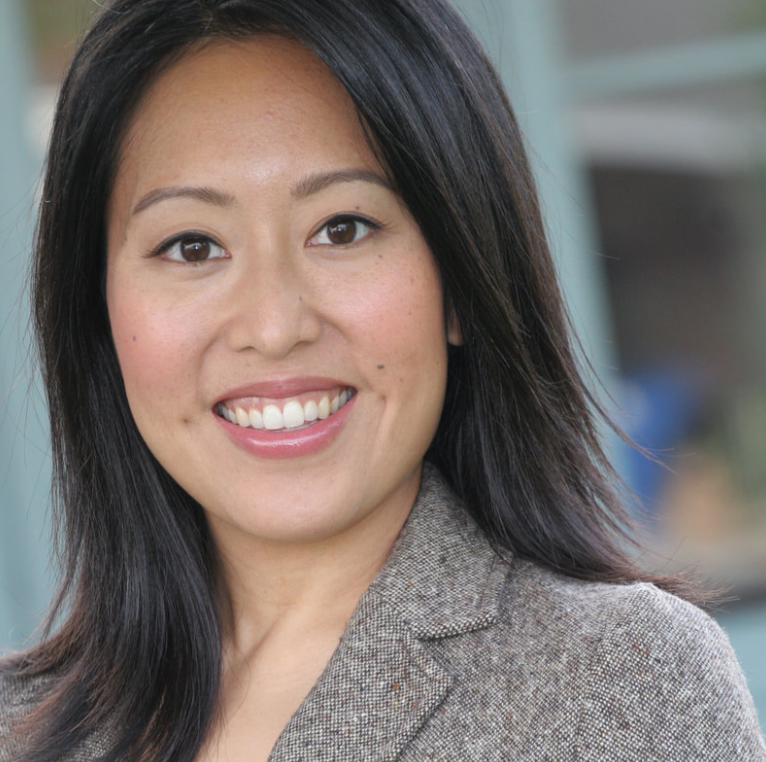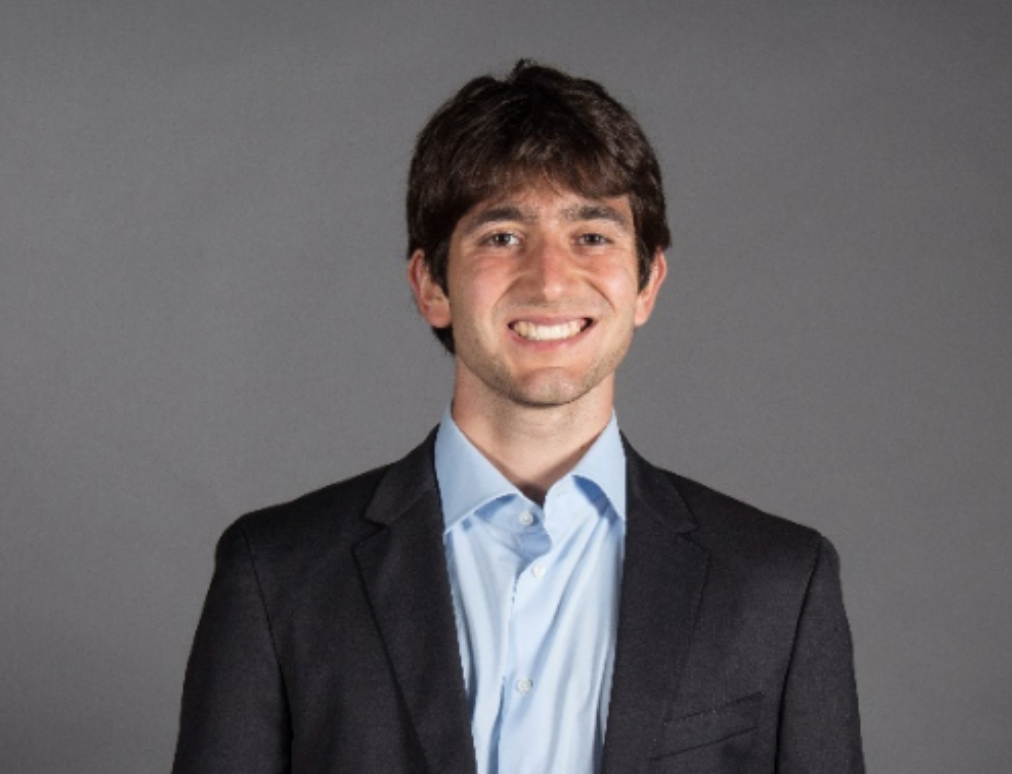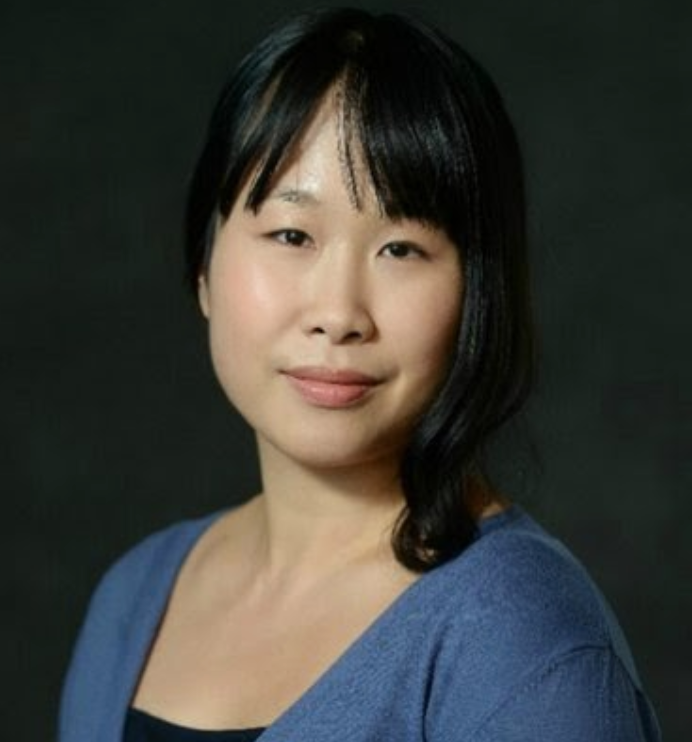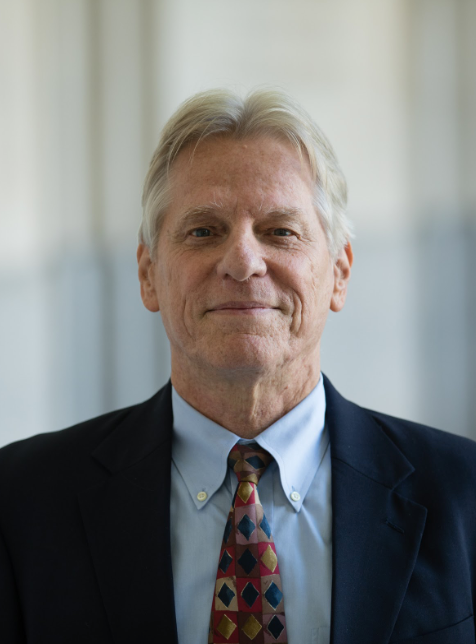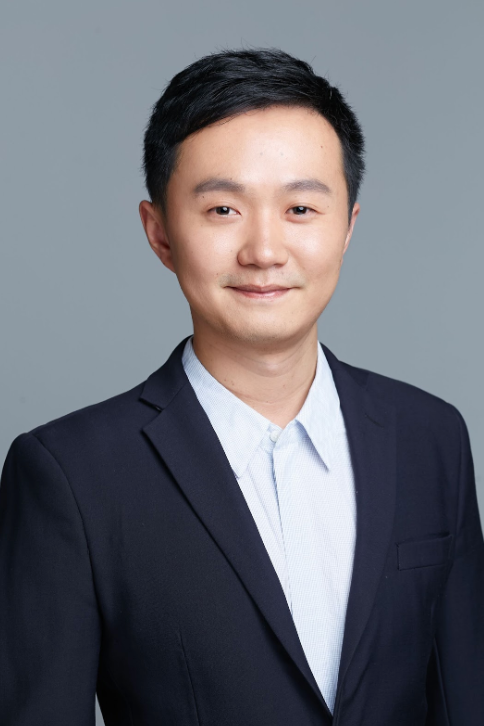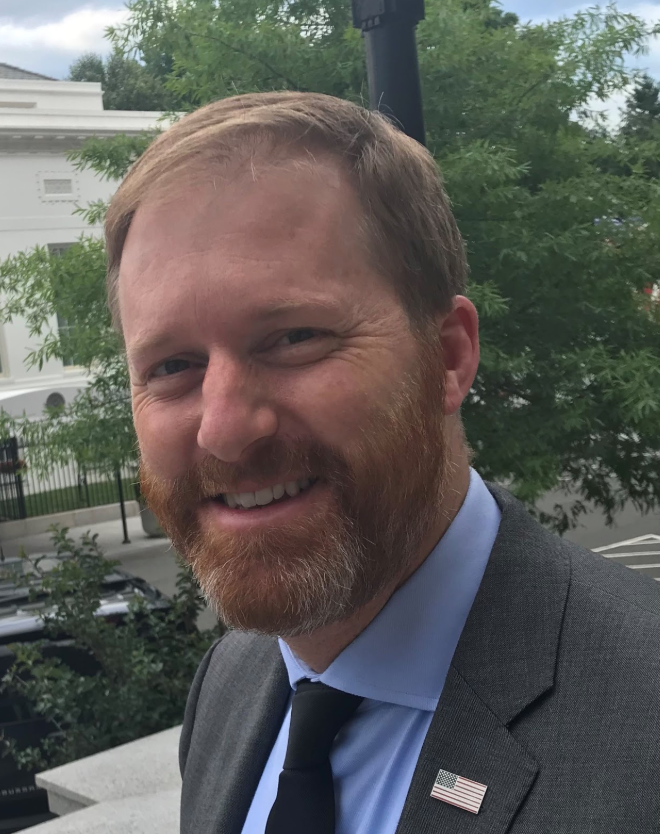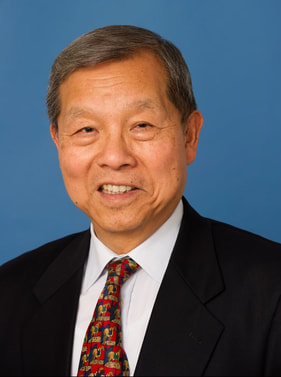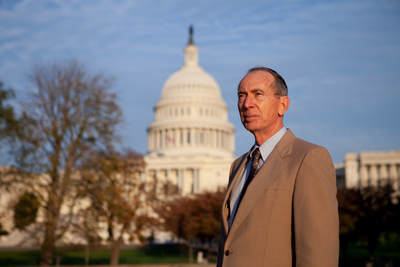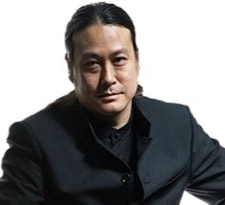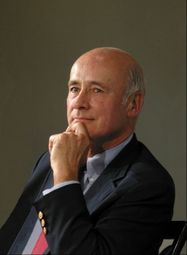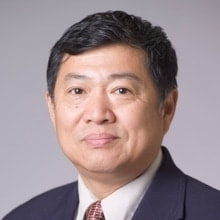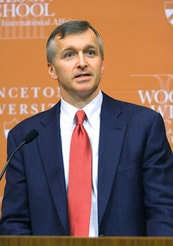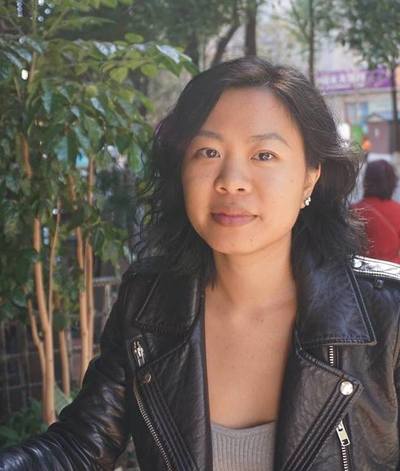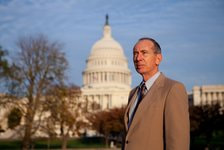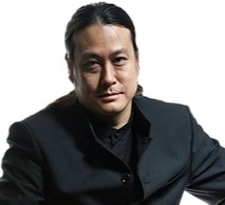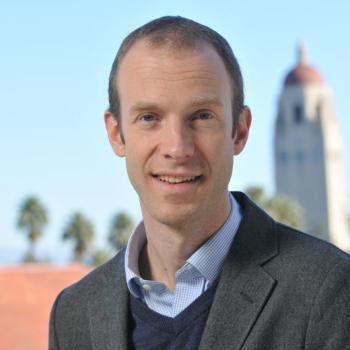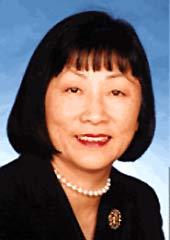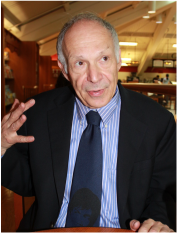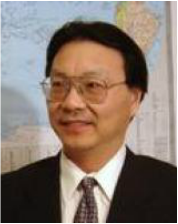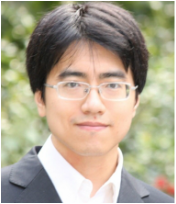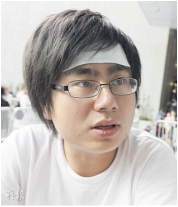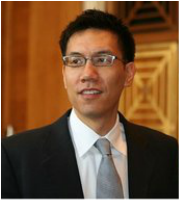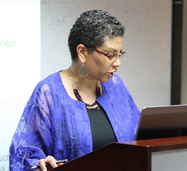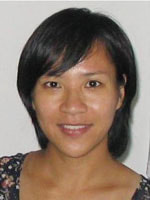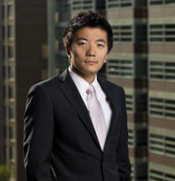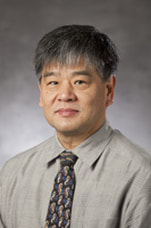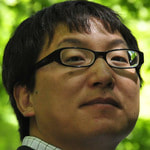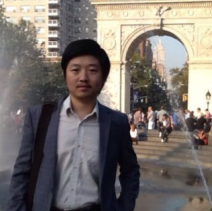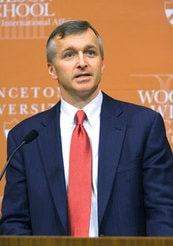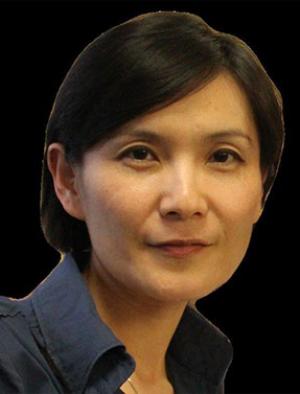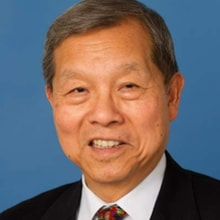2023 Conference
March 24 - 25, 2023
Theme: Unwrapping Uncertainties: U.S.-China Relations in A Less Flat World
Theme: Unwrapping Uncertainties: U.S.-China Relations in A Less Flat World
In recent years, the trend of deglobalization has built up barriers between countries and among people. We witness a withdrawal from global interdependence in different ways: regional wars, border conflicts, increased tariffs, export restrictions, capital controls, anti-immigration, cultural protectionism, etc. The COVID-19 pandemic has only further exacerbated the trend of deglobalization. China and the U.S., two mutually globalizing influences, are shifting their strategies in this new world. Their interaction will not only influence the life of Chinese and American people but also the trajectory of international politics. In a less flat world, we look into the future with the hope of predicting crises, mitigating uncertainties, and redefining existing commonalities.
How do we define U.S.-China relations for the next decade? Will the two countries strengthen their economic interdependence? Will China reopen its borders? And what impacts will it bring to the world? How can a systematic study of history contribute to our predictions of future trends? How are individuals and the civil society shaping U.S.-China relations? We will explore these questions at the 2023 Duke-UNC China Leadership Summit: Unwrapping Uncertainties: U.S.-China Relations in A Less Flat World.
How do we define U.S.-China relations for the next decade? Will the two countries strengthen their economic interdependence? Will China reopen its borders? And what impacts will it bring to the world? How can a systematic study of history contribute to our predictions of future trends? How are individuals and the civil society shaping U.S.-China relations? We will explore these questions at the 2023 Duke-UNC China Leadership Summit: Unwrapping Uncertainties: U.S.-China Relations in A Less Flat World.
2022 Conference
March 25 - 27, 2022
Theme: A New World Order? The Sino-U.S. Battle for Global Leadership
In the wake of the ongoing pandemic and worsening ties between the U.S. and China, many have wondered what the future looks like for the Sino-U.S. relationship and the world. Rather than using the pandemic as an opportunity to find common ground and solve an issue plaguing us all, China and the U.S. have only grown more competitive and increasingly view global relations as a zero-sum game. Many wonder if irreparable harm has been done to relations between China and the U.S. Is there a way to create a more open, objective, and stronger U.S.-China relationship? Would it even be possible? These are the questions we hope to explore at 2022 CLS summit: A New World Order? The Sino-U.S. Battle for Global Leadership.
Theme: A New World Order? The Sino-U.S. Battle for Global Leadership
In the wake of the ongoing pandemic and worsening ties between the U.S. and China, many have wondered what the future looks like for the Sino-U.S. relationship and the world. Rather than using the pandemic as an opportunity to find common ground and solve an issue plaguing us all, China and the U.S. have only grown more competitive and increasingly view global relations as a zero-sum game. Many wonder if irreparable harm has been done to relations between China and the U.S. Is there a way to create a more open, objective, and stronger U.S.-China relationship? Would it even be possible? These are the questions we hope to explore at 2022 CLS summit: A New World Order? The Sino-U.S. Battle for Global Leadership.
* These speakers were not able to attend the summit due to time conflict.
2021 Conference
March 19-21 & 26-28, 2021
Theme: Reversing the Tide? The U.S. and China in 2021 and Beyond
In the wake of the ongoing pandemic and worsening ties between the U.S. and China many have wondered what the future looks like for the Sino-U.S. relationship and the world. As the U.S. and China push further away from one another politically and as the rest of us keep away from one another for safety, distance has become the new normal. Eliminating the threat of COVID-19 will take time, but it will happen and life will return to a semblance of normality. But what will it take to remediate relations between China and the U.S.? Is there a way to create a more open, more objective, and stronger U.S.-China relationship? Would producing such a result be desirable? Furthermore, would it even be possible? These are the questions we hope to explore at the summit: Reversing the Tide? The U.S. and China in 2021 and Beyond. (*Due to the impact of COVID-19, this year’s summit was entirely virtual.)
Theme: Reversing the Tide? The U.S. and China in 2021 and Beyond
In the wake of the ongoing pandemic and worsening ties between the U.S. and China many have wondered what the future looks like for the Sino-U.S. relationship and the world. As the U.S. and China push further away from one another politically and as the rest of us keep away from one another for safety, distance has become the new normal. Eliminating the threat of COVID-19 will take time, but it will happen and life will return to a semblance of normality. But what will it take to remediate relations between China and the U.S.? Is there a way to create a more open, more objective, and stronger U.S.-China relationship? Would producing such a result be desirable? Furthermore, would it even be possible? These are the questions we hope to explore at the summit: Reversing the Tide? The U.S. and China in 2021 and Beyond. (*Due to the impact of COVID-19, this year’s summit was entirely virtual.)
2020 Conference
February 21-23, 2020
Theme: Reframing China: Past, Present, Future
Entering its 10th anniversary, the conference this year will be themed "Reframing China: Past, Present, Future". At a time when the rhetoric in Washington towards Beijing increasingly employs the framework of great-power rivalry, we seek to examine the profound underlying changes in the bilateral relationship. More importantly, we want to encourage CLS attendees to go beyond the headline narratives and pursue a deeper view of China that understands how the country’s complex historical, cultural and societal conditions shape where we stand now. The three days of the conference will focus on “past,” “present” and “future” respectively to develop a holistic and nuanced perspective on China and U.S.- China relations.
Theme: Reframing China: Past, Present, Future
Entering its 10th anniversary, the conference this year will be themed "Reframing China: Past, Present, Future". At a time when the rhetoric in Washington towards Beijing increasingly employs the framework of great-power rivalry, we seek to examine the profound underlying changes in the bilateral relationship. More importantly, we want to encourage CLS attendees to go beyond the headline narratives and pursue a deeper view of China that understands how the country’s complex historical, cultural and societal conditions shape where we stand now. The three days of the conference will focus on “past,” “present” and “future” respectively to develop a holistic and nuanced perspective on China and U.S.- China relations.
2019 Conference
March 22-24, 2019
Theme: China's New Norms
The past year has encapsulated some of the most significant developments in the US-China relationship's forty-year history. From the US-China trade war to China's rapid expansion of the Belt and Road Initiative to consolidation of political power within the Chinese Communist Party, recent events have provided ample opportunities for China-watchers to consider the standards emerging alongside China's increasingly dominant political and global prowess. These new norms not only serve as a testament to China's enormous transformation, but also carry massive policy implications for international actors, both in terms of their domestic politics and international policy towards China in light of these changes. Given the scale of Chinese engagement within the global community-particularly with the US-few actors will go unaffected as a result of these emerging standards.
Theme: China's New Norms
The past year has encapsulated some of the most significant developments in the US-China relationship's forty-year history. From the US-China trade war to China's rapid expansion of the Belt and Road Initiative to consolidation of political power within the Chinese Communist Party, recent events have provided ample opportunities for China-watchers to consider the standards emerging alongside China's increasingly dominant political and global prowess. These new norms not only serve as a testament to China's enormous transformation, but also carry massive policy implications for international actors, both in terms of their domestic politics and international policy towards China in light of these changes. Given the scale of Chinese engagement within the global community-particularly with the US-few actors will go unaffected as a result of these emerging standards.
2018 Conference
March 23-25, 2018
Theme: China's Global Engagement
Over its eight year history, the Duke-UNC China Leadership Summit has explored a diverse range of topics in US-China relations. The notion of engagement has always been an implicit yet crucial aspect of our conference, and it is vital for any stable diplomatic relationship. From hosting President Nixon in the first US Presidential visit to China in 1972, to the announcement of the Belt and Road Initiative, China’s engagement with the world, whether economic, civil, or political, has been the cornerstone of its success and a symbol for its contributions to our world. This year, by exploring topics such as China’s increased FDI into Africa, the Asian Infrastructure Investment Bank, and its rising presence in UN Peacekeeping, we would like to take a deep dive into the notion of engagement and examine how China engages with other international actors. Likewise, engagement is also of vital importance for all young China-watchers, and we hope that this year’s conference will prepare our delegates to think about the ways in which, they, as future leaders, can impact and contribute to global affairs in the coming decades.
Theme: China's Global Engagement
Over its eight year history, the Duke-UNC China Leadership Summit has explored a diverse range of topics in US-China relations. The notion of engagement has always been an implicit yet crucial aspect of our conference, and it is vital for any stable diplomatic relationship. From hosting President Nixon in the first US Presidential visit to China in 1972, to the announcement of the Belt and Road Initiative, China’s engagement with the world, whether economic, civil, or political, has been the cornerstone of its success and a symbol for its contributions to our world. This year, by exploring topics such as China’s increased FDI into Africa, the Asian Infrastructure Investment Bank, and its rising presence in UN Peacekeeping, we would like to take a deep dive into the notion of engagement and examine how China engages with other international actors. Likewise, engagement is also of vital importance for all young China-watchers, and we hope that this year’s conference will prepare our delegates to think about the ways in which, they, as future leaders, can impact and contribute to global affairs in the coming decades.
2017 Conference
April 7-9, 2017
Theme: China as a Responsible Stakeholder
Keynote Speeches:
Suisheng Zhao, "A revisionist stakeholder: China challenge to the U.S.-led world order"
Chuck Eesley, "Rural entrepreneurship: The story of Alibaba and e-commerce"
Joseph Nye, "Will the liberal order survive?"
Thomas Christensen, "U.S.-China relations and regional security"
Theme: China as a Responsible Stakeholder
Keynote Speeches:
Suisheng Zhao, "A revisionist stakeholder: China challenge to the U.S.-led world order"
Chuck Eesley, "Rural entrepreneurship: The story of Alibaba and e-commerce"
Joseph Nye, "Will the liberal order survive?"
Thomas Christensen, "U.S.-China relations and regional security"
2016 Conference
April 7-9, 2016
Theme: China's Soft Power in the 21st Century Global Order
Soft power describes the ability of a country to influence others without employing force or coercion. From Confucius Institutes to educational exchanges, from think tanks to the export of Chinese art and media, China’s recent push for soft power highlights its understanding that power is multifaceted. A legitimate world leader is not only able to push with military and economic dominance, but also pull with cultural and ideological appeal. Like other world leaders throughout history, China also faces many obstacles in its bid for soft power: problems like its aggressive military actions in the South China Sea disputes and failure to liberalize domestically pose threats to China’s perceived legitimacy and popularity abroad. How does soft power play a role in China’s most vital foreign policy objectives? What are the challenges and opportunities China faces, both domestically and internationally, in its bid for non-coercive leadership?
Theme: China's Soft Power in the 21st Century Global Order
Soft power describes the ability of a country to influence others without employing force or coercion. From Confucius Institutes to educational exchanges, from think tanks to the export of Chinese art and media, China’s recent push for soft power highlights its understanding that power is multifaceted. A legitimate world leader is not only able to push with military and economic dominance, but also pull with cultural and ideological appeal. Like other world leaders throughout history, China also faces many obstacles in its bid for soft power: problems like its aggressive military actions in the South China Sea disputes and failure to liberalize domestically pose threats to China’s perceived legitimacy and popularity abroad. How does soft power play a role in China’s most vital foreign policy objectives? What are the challenges and opportunities China faces, both domestically and internationally, in its bid for non-coercive leadership?
2015 Conference
February 20-22, 2015
Theme: U.S. and China Grand Strategy in Asia Pacific, Africa, and Beyond
First of all, what do we mean by grand strategy? Some narrowly define grand strategy in terms of national security and military concerns. Others define it more broadly to incorporate technological, economic, and political considerations. For us, grand strategy is the fundamental awareness and articulation of a state's foreign policy -- what type of world it seeks to build and what resources it will use to operate in that world.At CLS 2015, we seek to explore how the US and China are using both hard and soft power to assert their influence around the world, particularly in the Asia Pacific and Africa. Where are they competing, and where are they collaborating? Where are they operating in distinct spheres? We hope these discussions will lead us to a greater understanding of each country’s underlying “grand strategy”. On a broader level, how do these developments reflect China’s rise as a global superpower? Will China remain what David Shambaugh calls a “partial power” or embrace a more involved role as a global leader? More importantly, what should be the US response to China’s rise?
Theme: U.S. and China Grand Strategy in Asia Pacific, Africa, and Beyond
First of all, what do we mean by grand strategy? Some narrowly define grand strategy in terms of national security and military concerns. Others define it more broadly to incorporate technological, economic, and political considerations. For us, grand strategy is the fundamental awareness and articulation of a state's foreign policy -- what type of world it seeks to build and what resources it will use to operate in that world.At CLS 2015, we seek to explore how the US and China are using both hard and soft power to assert their influence around the world, particularly in the Asia Pacific and Africa. Where are they competing, and where are they collaborating? Where are they operating in distinct spheres? We hope these discussions will lead us to a greater understanding of each country’s underlying “grand strategy”. On a broader level, how do these developments reflect China’s rise as a global superpower? Will China remain what David Shambaugh calls a “partial power” or embrace a more involved role as a global leader? More importantly, what should be the US response to China’s rise?
2014 Conference
March 28-30, 2014
Theme: Chinese Dream: Local Realities and Global Implications
Theme: Chinese Dream: Local Realities and Global Implications
2013 Conference
April 5-7, 2013
Theme: Sustainability
Theme: Sustainability

